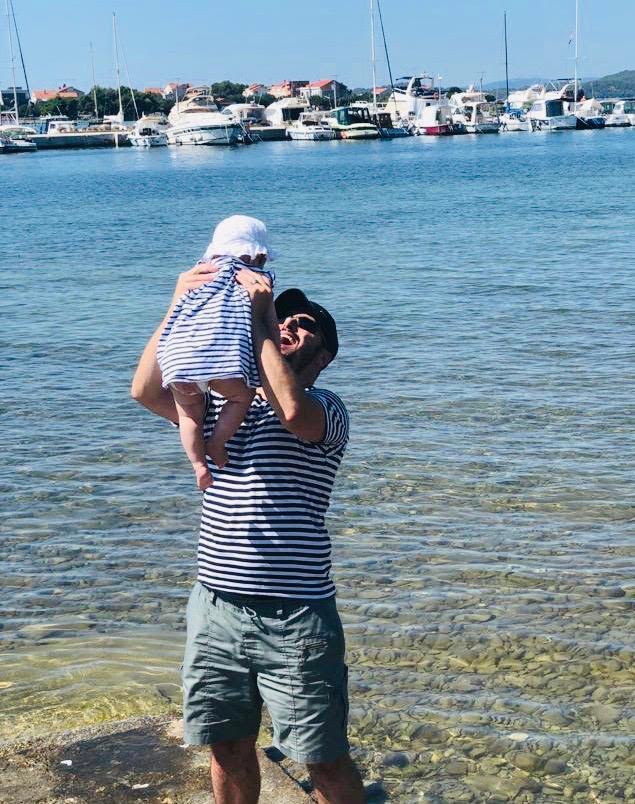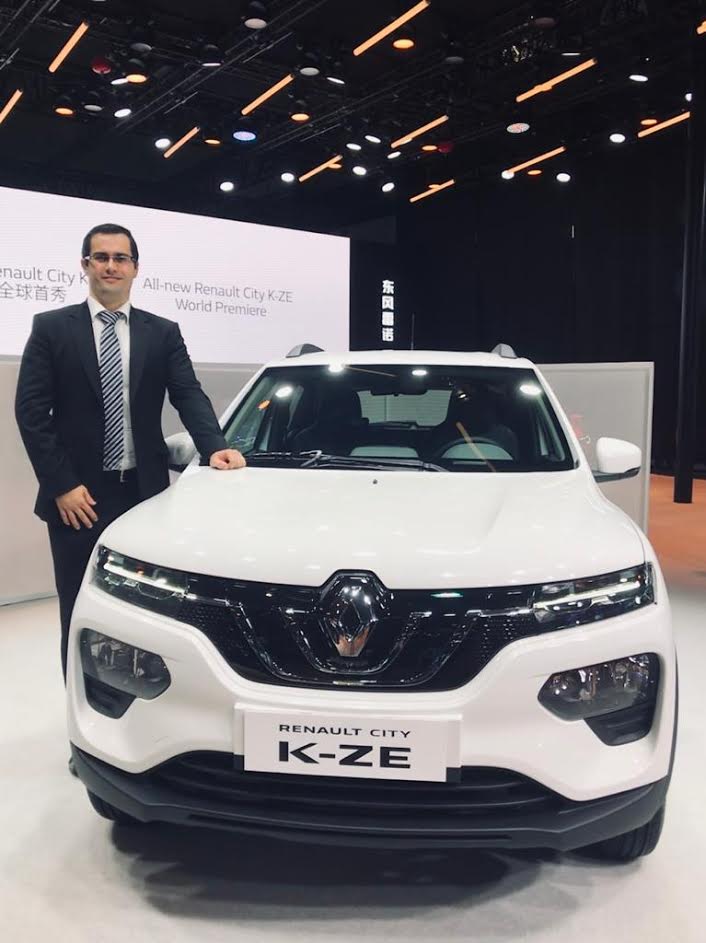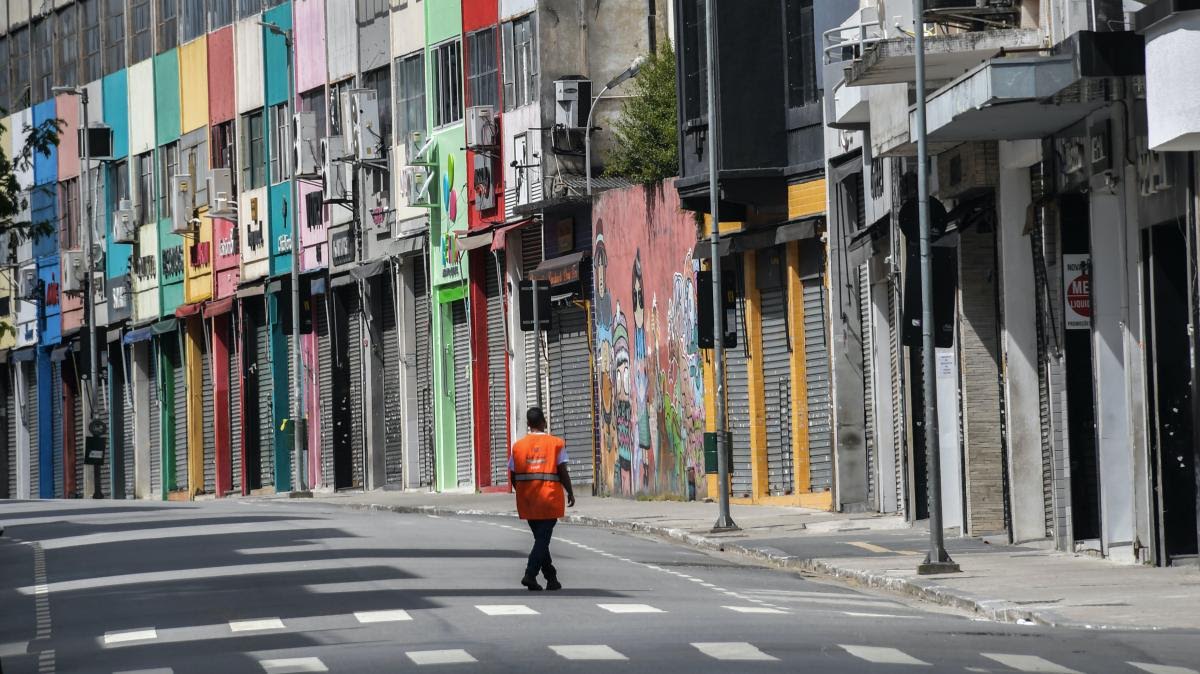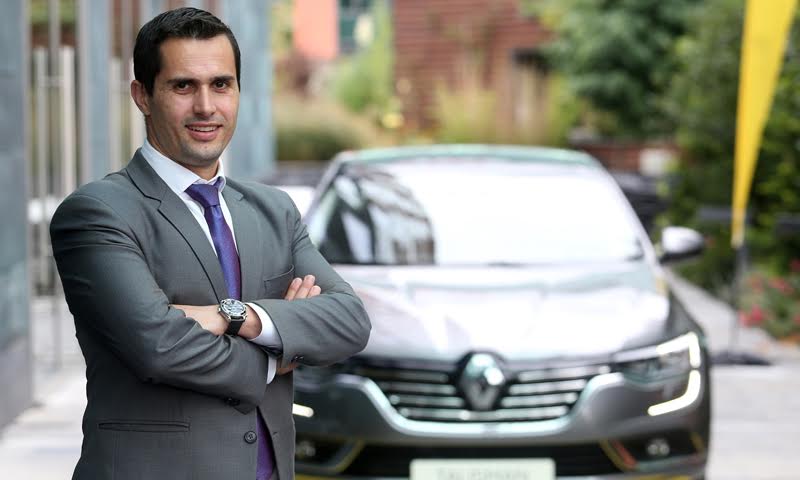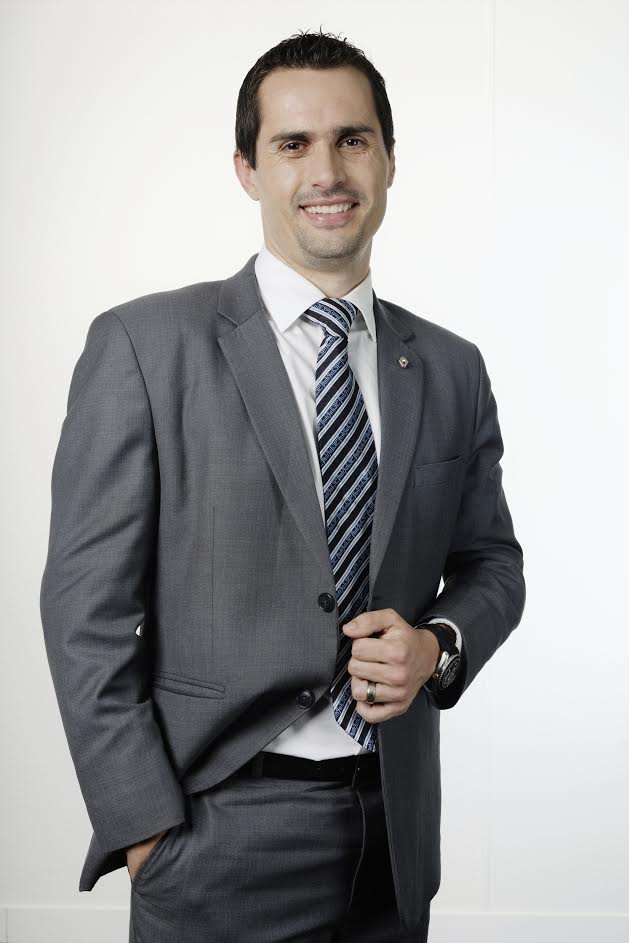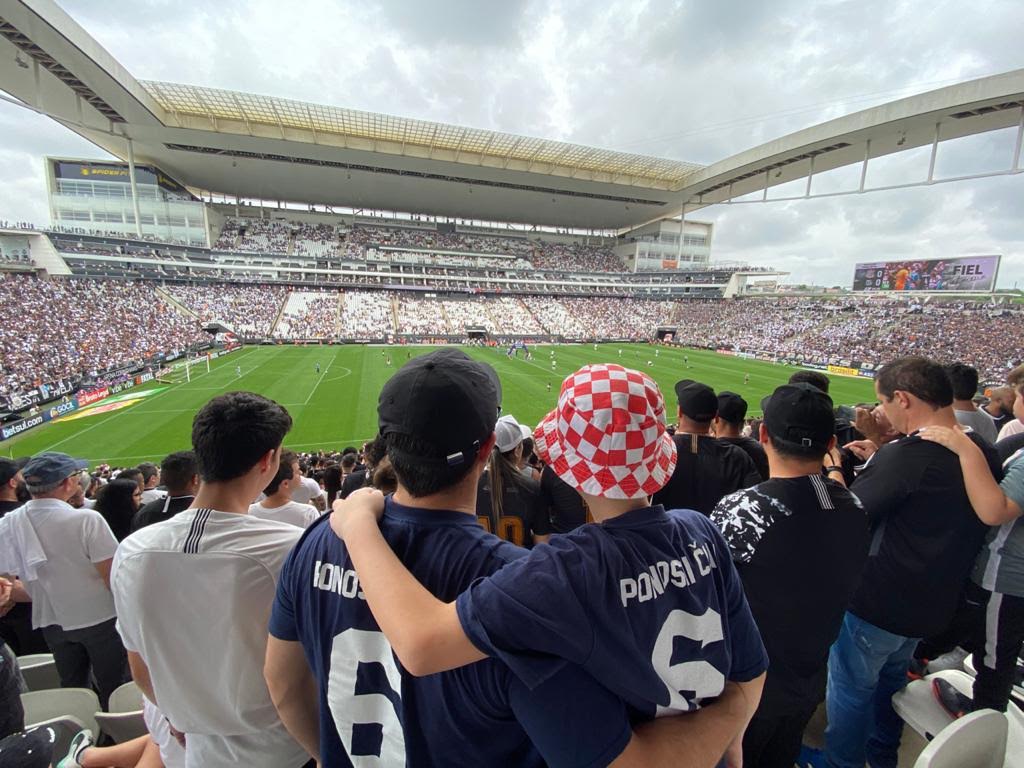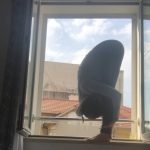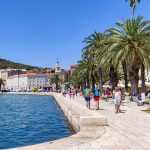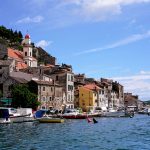April 18, 2020 – With as many Croatians living abroad as in the Homeland, what are the diaspora experiences of self-isolation? In the 9th in our series, Corona Voices in the Croatian Diaspora, here is Frano Susnjara in Sao Paulo in Brazil and originally from Zagreb.
Last month TCN started a feature series called Foreigner Self-Isolation In Croatia: Do You Feel Safer? I can honestly say we have never had such a response or so many incredible contributions. The countries of origin of these expats in Croatia literally from all over the world. So far we have had submissions from expats from Romania, USA, Ireland, UK, Mexico, Argentina, Spain, Singapore, Holland, Canada, India, Hong Kong, Venezuela, Latvia, China, Honduras, Hungary, Moldova, New Zealand, Japan and Germany. You can see all their stories here.
Given the success of the series (still going strong) and large interest, it made sense to expand it to look at this from another angle – how Croatians abroad are coping where they are. If you would like to contribute your story to Corona Voices in the Croatian Diaspora, please find the submission guidelines below. Next up, Frano Susnjara in Sao Paolo in Brazil and originally from Zagreb.
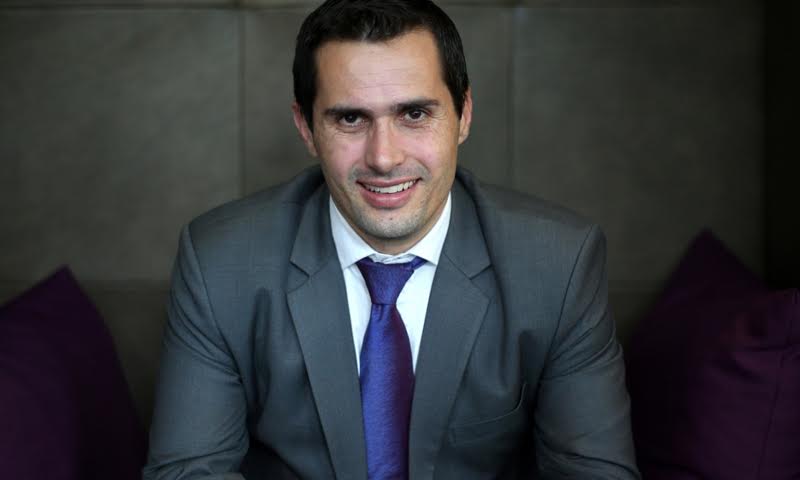
Firstly, how are you? Are you alone/with someone? Tell us a little about your situation and sanity levels.
Hi, firstly I would like to thank Total Croatia News for the interest and a very interesting topic. Also, I’d like to send my best regards to all your readers hoping that they and their close ones are ok in this specific context.
Different countries bring different experiences. We are ok. Branka, my spouse and myself are in Sao Paulo since January with our two children. We came to Brazil from Hong Kong in January this year, very motivated to discover this beautiful country and the continent.
Unfortunately, since the 15th of March we are closed in our flat. Luckily, we are living in a good area of Sao Paulo, therefore with good availability of public or private hospitals and no risky areas from criminality point of view.
When did you realize that coronavirus was going to be a big issue?
To be very honest, after living in Hong Kong and understanding the impacts that SARS left in early 2000, hearing the news end of December we thought: „ouch, this might be a rollercoaster”. Still, we hoped, as everyone else I suppose, that it might be a short effect virus ending by the summer.
When did you realize that coronavirus was going to be a big issue in Brazil in particular?
We see how the world press, including in Croatia, perceives Brazil. Yet, to be factual, we were in lockdown since the middle of March roughly at the same time as Croatia and other countries in Europe. The first case in Brazil happened at the same time as in Croatia.
Still, in the middle of April, we saw that Europe started to „flatten the curve“. It wasn’t and still isn’t the case in Brazil.
Give us a timeline on when and how life changed.
It was the weekend of the 15th. We heard that one of the kids in my son’s school got infected. We stopped sending him to school. Two days later, during our Board meeting, we decided to switch to the home office. Suddenly, everything changed. As we were still settling in, with the flat, stuff from Hong Kong, looking for the right stores, we needed to downsize quickly the expectations for the future weeks and months. From full discovery to full contraction in 48h.
Tell us about your day. Do you/can you leave your apartment?
Well, I have a 16 months old wakeup call that „rings the bells“ at 05:30 calling “tataaa”..so my day starts with her. Then, after making breakfast for them, I connect to various meetings with France that works until 13:00 (5h difference). We continue the day with meetings with LatAm countries including Mexico which is -3h vs Sao Paulo. So, the day is cut in different time zones. In the time pockets between the meetings, we focus on the kids, to facilitate them the new context and entertain them with creative work or activities.
We can leave the flat to pick up the groceries or to go for a run/walk. As museums, restaurants, cultural facilities are closed including cities around Sao Paulo there is not much interest in going out either.
How are the authorities doing at handling the situation?
The state of Sao Paulo reacted, as said, very early and are monitoring the situation. The current saturation of the ICU is 70% for public hospitals and roughly 50% for private ones. In some states of Brazil, it is even higher than 90% and rising. Still after 50 days, we see that the people are „relaxing“ the discipline and lately the respect of the quarantine is 48% vs expected 70% or higher. The state of Sao Paulo imposed extra bans for transport and mandatory mask-wearing.
You obviously keep an eye on your homeland. What is your impression of the way Croatia is dealing with the crisis?
Well, I can see various comments about Croatian performance in Croatian media and social networks. Nothing is perfect of course but I would like to share to our folks in Croatia the envy we feel when we see how Croatia has been fighting with success this pandemic. Regardless of the issues we may confront, we should feel very proud and happy to see how well we are „playing this match “. There are little portions of countries doing so.
Even in Brazil Croatia is mentioned in the positive lights of countries who fought greatly this pandemic.
Compare and contrast the responses of Croatia and Brazil. Who is doing what better?
Firstly, in Croatia and in Brazil we need to be grateful that there were no shortages in any kind of food, beverage or other grocery supplies. It does happen in some countries and let’s not forget it.
The context is slightly different, but regardless of the different variables, I feel that in Croatia we managed to respect better the confinement. As if the 90’s war experience has left certain respect for extraordinary situations and facilitated the alignment of the population in order to respect the measures. Now, we should collect the benefits of it and facilitate the quick reactivation of the economy and set free the creativity to adapt quickly and faster than others to the new “normal”. This is a huge opportunity for Croatia, I hope we do not miss it as these opportunities happened 2-3 times in the last 30 years.
What’s the one thing you wish you had taken with you into self-isolation?
We cannot complain much. Everything remains available and deliveries are working great so it would be hard to specify. The food in Brazil is like Croatian food, especially Sao Paulo with more than 60% of the population with Italian roots. Ci sentiamo come a casa.
One thing you have learned about yourself, and one thing you have learned about others during this crisis.
It is an easy one. My work life includes a lot of travelling. I was saying to Branka, like, great I will finally have more time to read and catch up on some other passions like guitar etc…well it did happen, but only partially. Times flies wherever you are…so keeping the focus on the most important matters remains the main principle.
What I did learn about the others is that we didn’t lose our biggest values as humans, as they care for the other ones. So many positive initiatives in Brazil or in Croatia to help the ones in need fills me with pride. When I see the actions that a couple of young Croatian ladies from Holland initiated with Fond 5.5, how the actions “Vratimo Palčiće u Petrovu” is managing to help and support, it makes me proud.
Also, on my company side, I am happy how our dealers, engineers and employees in Colombia, Argentina, Brazil, Mexico and rest of the world reacted using all kind of resources to support the health, security and other services to facilitate these times putting the human in the main focus make me proud to work in the community that I am part now.
If you could be self-isolating in Croatia, where would it be, and why?
I would pick 3-4 places. Zagreb where our life, friends and family are. Compact, perfectly balanced for family, active and joyful life.
Croatian coast cities like Senj, Sukošan or the islands like Hvar or Vis. After living in megacities like Paris, Hong Kong or Sao Paulo you value the well-balanced fit in with the nature and the peace that surrounds those cities with a strong smell of salt in the air. Yes, homesickness leaves some marks. ?
Thanks, Frano. Stay safe and see you on the other side. You can see all the stories in both this diaspora series, and the one on expats in Croatia on this link.
TCN is starting a new feature series on Croatian diaspora experiences of sitting out COVID-19 abroad and comparing your experiences to the situation in Croatia. If you would like to contribute, the questions are below. Please also include a para about yourself and where you are from, and a link to your website if you would like. Please also send 3-4 photos minimum to news@total-croatia-news.com Subject Corona Diaspora
If you would be interested to record a video version for our partners www.rplus.video please let us know in the email. Thanks and stay safe.
Self-Isolation Voices from the Diaspora
Firstly, how are you? Are you alone/with someone? Tell us a little about your situation and sanity levels.
When did you realise that corona was going to be a big issue?
When did you realise that corona was going to be a big issue in New York in particular?
Give us a timeline on when and how life changed.
Tell us about your day. Do you/can you leave your apartment?
How are the authorities doing at handling the situation?
You obviously keep an eye on your homeland. What is your impression of the way Croatia is dealing with the crisis?
Compare and contrast the responses of Croatia and USA. Who is doing what better?
What about official communications from the authorities, compared to your home country?
What’s the one thing you wish you had taken with you into self-isolation?
One thing you have learned about yourself, and one thing you have learned about others during this crisis.
If you could be self-isolating in Croatia, where would it be, and why?
TCN has recently become a partner in Robert Tomic Zuber’s new R+ video channel, initially telling stories about corona experiences. You can see the first TCN contribution from this morning, my video from Jelsa talking about the realities of running a news portal in the corona era below. If you would like to also submit a video interview, please find Robert’s guidelines below
VIDEO RECORDING GUIDE
The video footage should be recorded so that the cell phone is turned horizontally (landscape mode).
There are several rules for television and video news:- length is not a virtue- a picture speaks more than a thousand words
In short, this would mean that your story should not last more than 90 seconds and that everything you say in the report should be shown by video (for example, if you talk about empty streets, we should see those empty streets, etc.).
How to do it with your cell phone? First, use a selfie camera to record yourself telling your story for about a minute and a half. Ideally, it would be taken in the exterior, except in situations where you are reporting on things in the interior (quarantine, hospital, self-isolation, etc.). Also, when shooting, move freely, make sure everything is not static.
After you have recorded your report, you should capture footage that will tell your story with a picture, such as an earlier example with empty streets.
One of the basic rules of TV journalism is that the story is told in the same way as a journalist with his text. Therefore, we ask you for additional effort. Because we work in a very specific situation, sometimes you may not be able to capture footage for each sentence of the report. In this case, record the details on the streets: people walking, the main features of the city where you live, inscriptions on the windows related to the virus, etc.
The same rules apply if you are shooting a story from your apartment, self-isolation, quarantine. We also need you to capture footage that describes your story.
When shooting frames to cover your reports, it is important that you change the angle of the shot (in other words, shoot that empty street from several angles). Also, when shooting a detail, count at least five seconds before removing the camera to another detail.
The material should be about 5 minutes long (90 seconds of your report + frames to cover your story).
After recording everything, send us to Zagreb, preferably via WeTransfer to rplus.video@gmail.com


